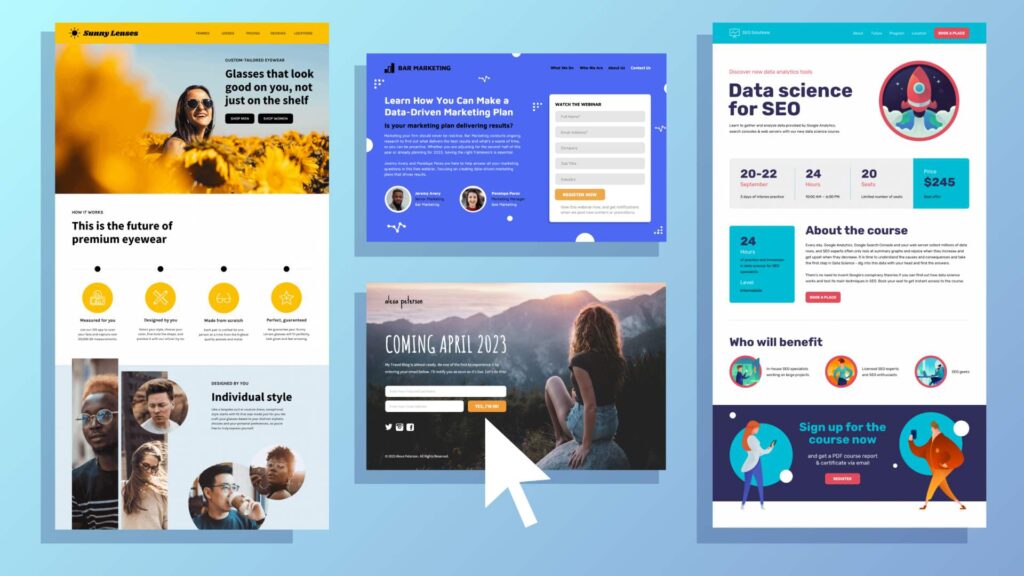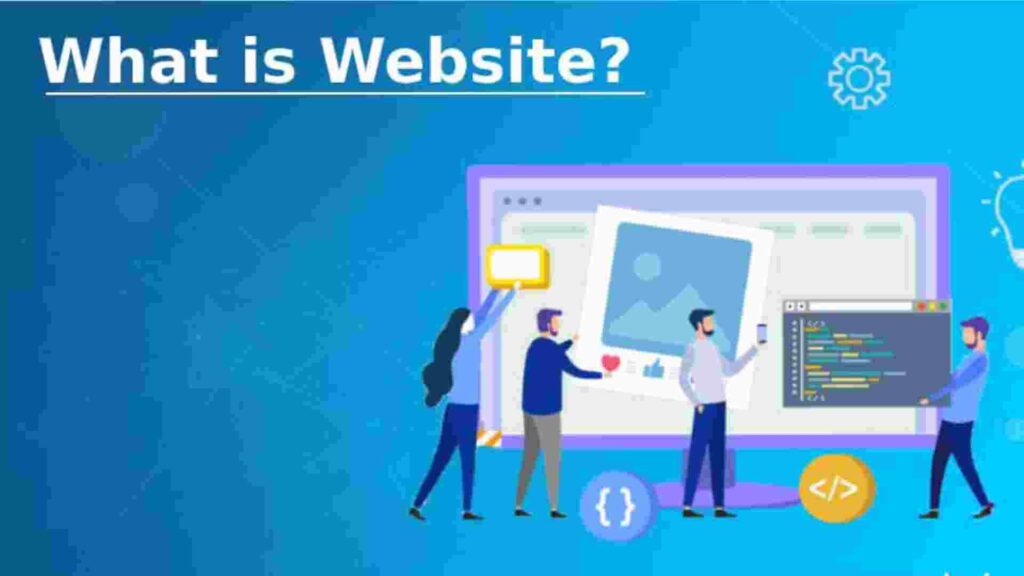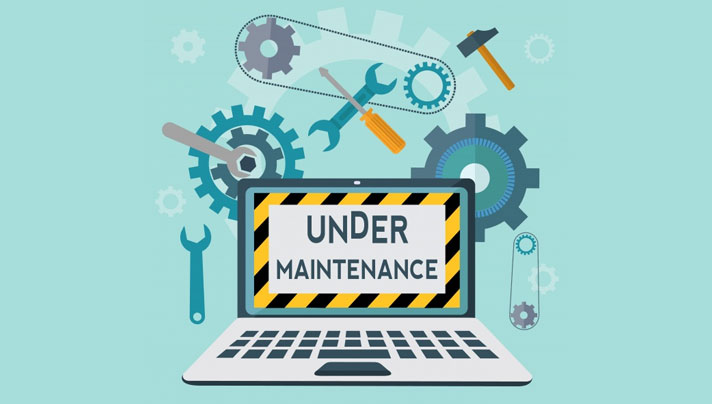Introduction
Selling online has never been easier, thanks to a plethora of online selling sites and marketplaces. Each platform offers different advantages, from expansive reach to specialized niches. Understanding what each site brings to the table can help you make an informed decision about where to list your products. Let’s dive into the 14 best online selling sites you should consider for your business.
1. Amazon
Overview
- Global Reach: Amazon is one of the largest and most recognized online selling sites worldwide.
- Features: Offers a vast marketplace with millions of products, Fulfillment by Amazon (FBA), and advertising options.
Why It’s Great:
- Massive Audience: Access to a huge customer base and high visibility.
- Ease of Use: Integrated shipping and payment systems streamline the selling process.
2. eBay
Overview
- Auction and Fixed-Price Listings: eBay allows both auction-style and fixed-price sales.
- Features: Offers global shipping, seller protection, and a wide range of product categories.
Why It’s Great:
- Flexibility: Suitable for various types of products, including rare and collectible items.
- Seller Tools: Comprehensive analytics and marketing tools to enhance your listings.
3. Etsy
Overview
- Handmade and Vintage Goods: Etsy specializes in handmade, vintage, and unique items.
- Features: Customizable shop pages, integrated payment options, and marketing tools.
Why It’s Great:
- Niche Market: Ideal for artists, crafters, and vintage sellers.
- Community Focus: Strong community of buyers looking for unique and custom items.
4. Shopify
Overview
- E-Commerce Platform: Shopify is a comprehensive e-commerce platform that allows you to create your own online store.
- Features: Customizable store design, payment gateways, and inventory management.
Why It’s Great:
- Brand Control: Full control over your store’s design and customer experience.
- Scalability: Suitable for businesses of all sizes, from startups to established enterprises.
5. BigCommerce
Overview
- E-Commerce Solutions: BigCommerce offers robust e-commerce solutions for businesses.
- Features: Multi-channel selling, SEO tools, and advanced analytics.
Why It’s Great:
- Built-In Features: Extensive built-in features reduce the need for third-party apps.
- Growth-Oriented: Scalable solutions for growing businesses.
6. Wix
Overview
- Website Builder: Wix provides an easy-to-use website builder with integrated e-commerce functionality.
- Features: Drag-and-drop design, customizable templates, and online store capabilities.
Why It’s Great:
- User-Friendly: Ideal for those who want to create a website and online store without coding.
- Flexibility: Offers a range of templates and design options.
7. Facebook Marketplace
Overview
- Social Selling: Facebook Marketplace allows users to buy and sell items locally or globally.
- Features: Integration with Facebook profiles, local search options, and messaging.
Why It’s Great:
- Local Reach: Great for local selling and building connections with potential buyers.
- Social Integration: Leverages social media for increased visibility and engagement.
8. Craigslist
Overview
- Classified Ads: Craigslist is a popular platform for local classifieds.
- Features: Free to use for most categories, with local listings and easy-to-use interface.
Why It’s Great:
- Local Focus: Excellent for selling items locally without shipping.
- Simplicity: Straightforward interface for easy listings.
9. Alibaba
Overview
- B2B Marketplace: Alibaba connects businesses with suppliers and manufacturers globally.
- Features: Bulk purchasing, supplier ratings, and trade assurance.
Why It’s Great:
- Wholesale Opportunities: Ideal for sourcing products or bulk selling.
- Global Reach: Access to international suppliers and buyers.
10. Newegg
Overview
- Electronics Focus: Newegg specializes in electronics, computers, and tech products.
- Features: Dedicated platform for tech enthusiasts and professionals.
Why It’s Great:
- Tech Niche: Perfect for electronics and tech product sellers.
- Dedicated Audience: Engaged audience interested in technology.
11. Poshmark
Overview
- Fashion Marketplace: Poshmark focuses on buying and selling fashion and accessories.
- Features: Social shopping experience, user profiles, and curated fashion listings.
Why It’s Great:
- Fashion-Centric: Ideal for selling new and pre-loved fashion items.
- Social Interaction: Encourages social interaction and community building.
12. OfferUp
Overview
- Local Selling App: OfferUp allows users to buy and sell items locally through a mobile app.
- Features: User-friendly app, local search, and messaging.
Why It’s Great:
- Convenience: Easy to list and manage items from your phone.
- Local Focus: Connects with buyers in your area.
13. Bonanza
Overview
- E-Commerce Platform: Bonanza offers a marketplace for various product categories.
- Features: Customizable booths, low fees, and integrated marketing tools.
Why It’s Great:
- Low Fees: Lower fees compared to other marketplaces.
- Customization: Customizable storefronts to match your brand.
14. Zibbet
Overview
- Creative Marketplace: Zibbet focuses on handmade, vintage, and craft supplies.
- Features: Integrated online store, custom branding, and community support.
Why It’s Great:
- Creative Niche: Perfect for artists and crafters to sell unique items.
- Community Focus: Supportive community and resources for creative entrepreneurs.
FAQs
Q: What should I consider when choosing an online selling site?
A: Consider factors such as your target audience, the type of products you sell, fees and commissions, ease of use, and available features. Each online selling site has its strengths, so choose one that aligns with your business goals.
Q: Can I sell on multiple online selling sites at once?
A: Yes, many sellers use multiple online selling sites to reach a broader audience. However, managing inventory and orders across platforms can be challenging, so ensure you have systems in place to handle it.
Q: Are there any fees associated with using online selling sites?
A: Most online selling sites charge fees, which can include listing fees, transaction fees, or monthly subscriptions. It’s important to review each site’s fee structure to understand the costs involved.
Q: How can I optimize my listings on online selling sites?
A: Use high-quality images, write detailed and accurate descriptions, and use relevant keywords to improve visibility. Engaging with customers and providing excellent service can also boost your listings.
Q: What are the benefits of using a dedicated e-commerce platform like Shopify?
A: Dedicated e-commerce platforms like Shopify offer full control over your online store, customizable design options, and advanced features like inventory management and marketing tools. They’re ideal for businesses looking for a tailored solution.
Conclusion
Exploring the best online selling sites can provide you with the tools and opportunities needed to successfully market and sell your products. From global giants like Amazon to niche marketplaces like Etsy, there’s a platform to fit every business model. By understanding the unique features and advantages of each site, you can choose the one that aligns with your goals and start building a thriving online presence. So take your pick, set up your store, and watch your business grow!







